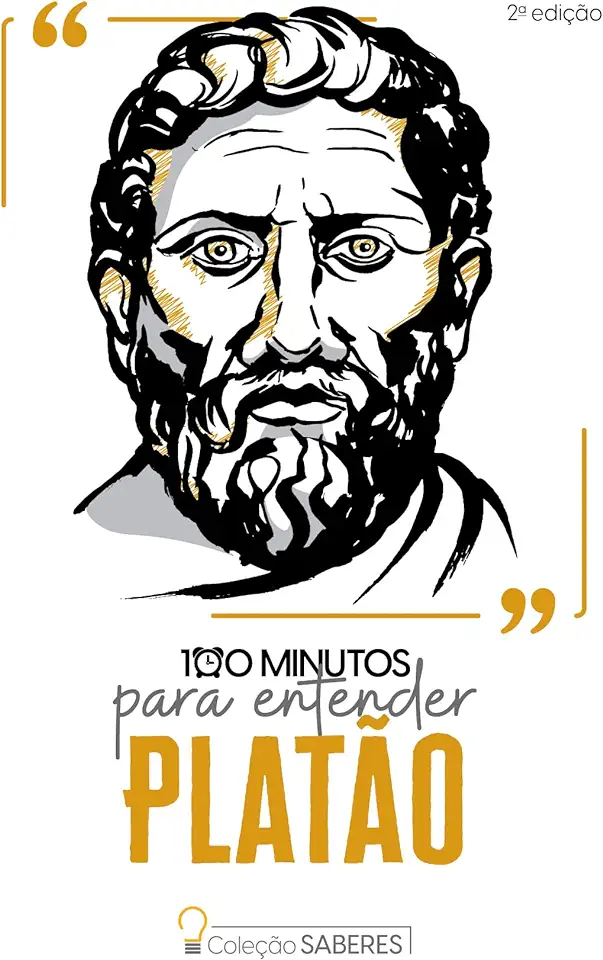
Collection Knowledges - 100 minutes to understand Plato - Astral Cultural
Collection Knowledges - 100 minutes to understand Plato - Astral Cultural
Introduction
Plato, one of the greatest philosophers of all time, has left an indelible mark on Western thought. His ideas have shaped our understanding of the world and our place in it. In this book, you will embark on a journey to explore the depths of Plato's philosophy, gaining insights into his key concepts and their enduring relevance.
Plato's Life and Times
Plato was born in Athens, Greece, around 428 BCE. He came from an aristocratic family and received an excellent education. Plato's life was profoundly influenced by the political turmoil and intellectual ferment of his time. He witnessed the Peloponnesian War and the decline of Athenian democracy, which led him to question the nature of justice and the ideal form of government.
The Socratic Method
Plato's philosophical approach was heavily influenced by his mentor, Socrates. Socrates developed a method of questioning known as the Socratic method, which involved asking a series of probing questions to expose contradictions and assumptions in one's thinking. Plato adopted this method in his dialogues, using it to explore complex philosophical ideas and challenge conventional beliefs.
The Theory of Forms
One of Plato's most influential ideas is the theory of forms. According to Plato, there exists a realm of eternal and unchanging forms that serve as the blueprints for the objects we perceive in the physical world. These forms are the true reality, while the physical world is merely a pale reflection of them. The theory of forms has had a profound impact on Western philosophy, influencing thinkers from Aristotle to Kant.
The Allegory of the Cave
Plato's allegory of the cave is a powerful metaphor that illustrates the limitations of human perception and understanding. In the allegory, prisoners are chained in a cave, facing a wall. All they can see are shadows projected on the wall by objects passing behind them. The prisoners mistake these shadows for reality until one of them is freed and discovers the true nature of the world outside the cave. The allegory serves as a reminder that our perceptions are often limited and that we must constantly strive to seek the truth.
The Ideal State
Plato's political philosophy is outlined in his seminal work, The Republic. In this dialogue, Plato envisions an ideal state governed by philosopher-kings. These philosopher-kings would possess the wisdom and knowledge necessary to rule justly and ensure the well-being of the citizens. Plato's ideal state has inspired countless political thinkers and has influenced the development of democratic institutions.
Plato's Legacy
Plato's philosophy has had a profound and lasting impact on Western thought. His ideas have shaped our understanding of ethics, politics, metaphysics, and epistemology. Plato's works continue to be studied and debated by scholars and philosophers to this day, and his influence can be seen in a wide range of fields, from philosophy to literature to art.
Conclusion
In this book, you have taken a journey through the world of Plato's philosophy, exploring his key concepts and their enduring relevance. From the theory of forms to the allegory of the cave, Plato's ideas have stood the test of time and continue to inspire and challenge us today. If you are interested in deepening your understanding of philosophy and gaining insights into the nature of reality, this book is a must-read.
Enjoyed the summary? Discover all the details and take your reading to the next level — [click here to view the book on Amazon!]